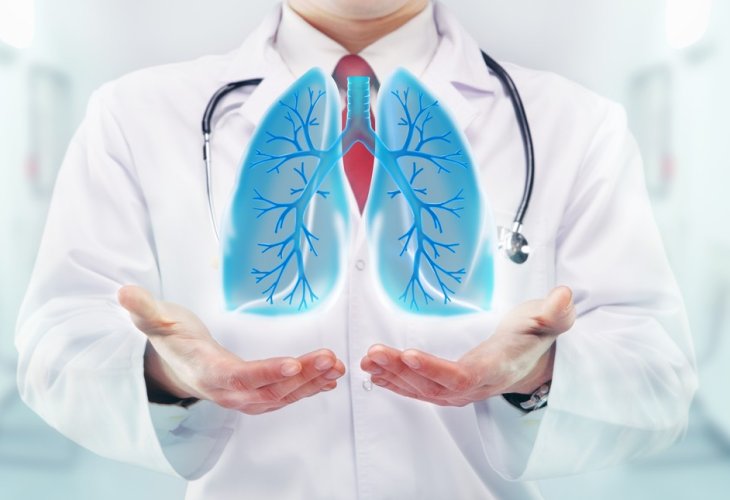Surprising Discovery: Lungs Have an Unknown Role
A new study reveals that the lungs play a significant role in blood production, capable of compensating when bone marrow cells are depleted.
 (Photo: shutterstock)
(Photo: shutterstock)A new study, conducted on mice with microscopic cameras inserted into their lungs, reveals a surprising finding: the lungs have a significant role in blood production in the body.
The research was first published last week in the online journal Nature, and it clearly indicates that the lungs produce half of the platelet count in the mice's bodies. Another surprising discovery by the researchers shows that the blood system can restore blood production when bone marrow cells (previously thought to be the sole source of blood production in the body) are depleted for some reason.
Dr. Mark Looney, a lung expert and a professor at the University of San Francisco's School of Medicine, led the study. "The findings we observed in mice strongly suggest that the lungs also have an important role in human blood production," he stated. "To our knowledge, this is the first documentation of blood system stem cells within the lungs, raising many clinically relevant questions for millions of thrombocytopenia patients worldwide," he added.
Until now, the common belief was that the primary site of platelets, responsible for blood clotting and preventing bleeding, was within the bone marrow. During the study, the researchers were astonished to discover a high concentration of platelet-producing cells within the lung's vascular system.
One of the researchers involved in the study explained, "When we noticed the large population of megakaryocytes (platelet-producing cells) residing in the lungs, we realized we had to follow this lead. Further meticulous observations allowed the researchers to see megakaryocytes during the production of over 10 million platelets per hour within the mice's lung vascular system, indicating that more than half of the platelet production in mice occurs in the lungs, not the bone marrow as scientists previously believed.
This study has clinical implications for lung transplant recipients. The researchers conducted several experiments indicating that the lungs contain a wide variety of stem and progenitor blood cells, capable of repairing and replacing damaged bone marrow and renewing the production of many blood components.
The researchers suggest that when a disease related to low platelet levels is detected, the lungs should be considered a vital resource for platelet production. Furthermore, the study opens new research avenues for biologists studying stem cells, who can explore how the lungs and bone marrow collaborate to create a healthy blood system through mutual exchange of stem cells.

